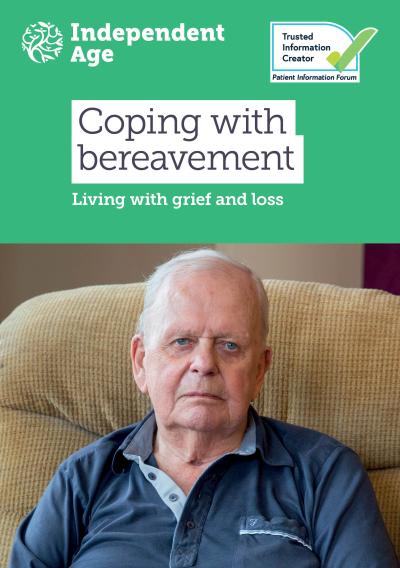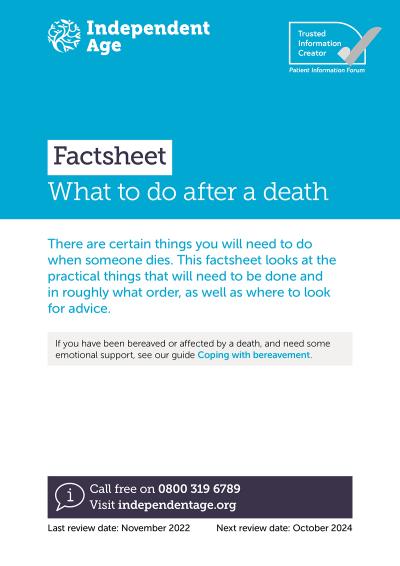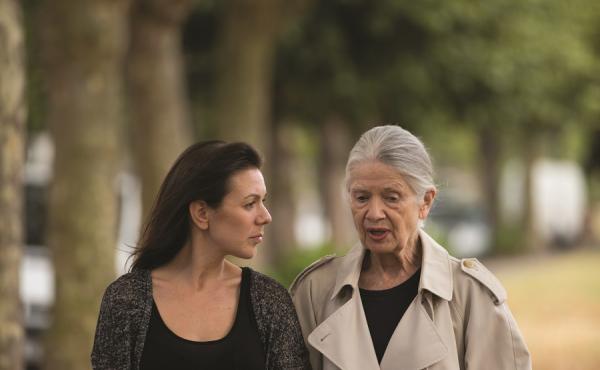Related publications

Coping with bereavement


It can be very difficult to know what to say or do to help someone who's been bereaved. Here are a few suggestions of things that might help and things to avoid.
I had a friend in the States and we were talking after her son died...I said to her, “I know how you feel.” And she said to me, “Joyce, you don’t know.” And then after my son died I went back to her and apologised, because you don’t know until you have gone through it. It is sad. It’s hard.